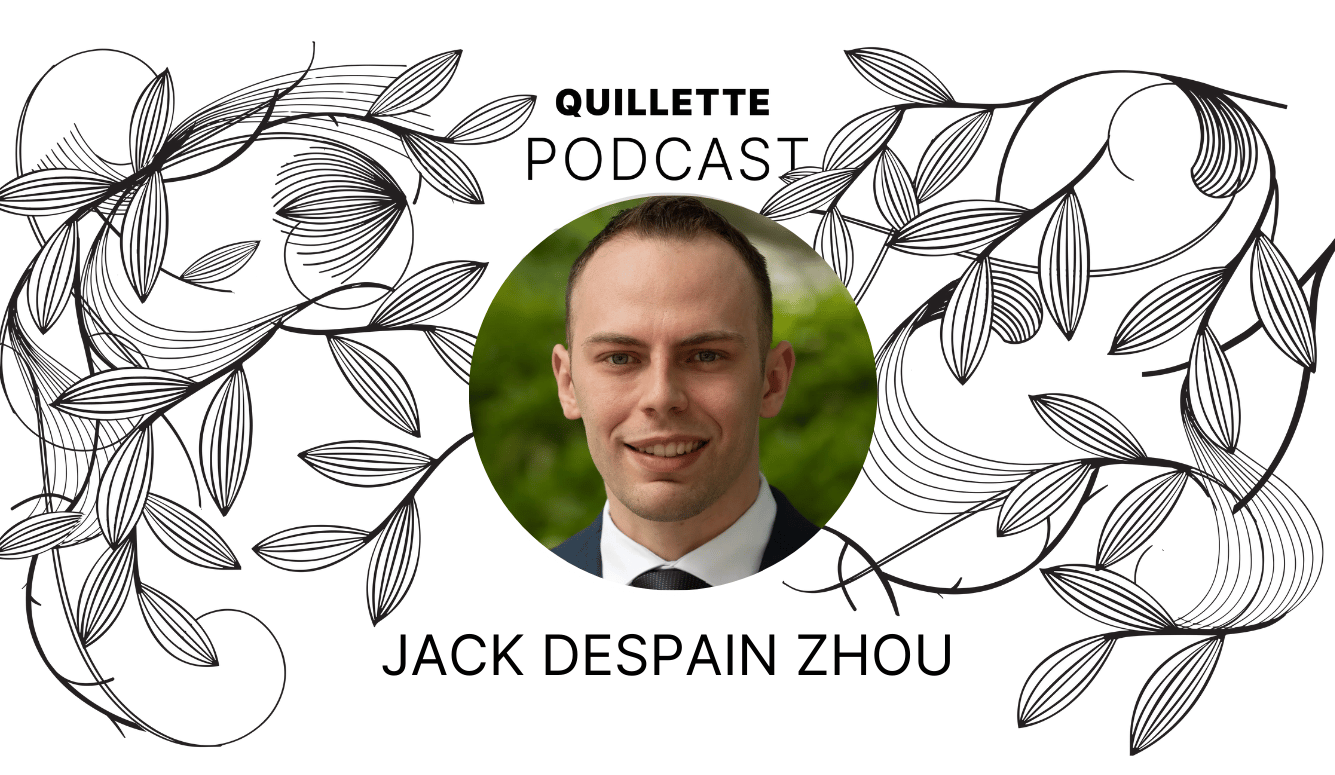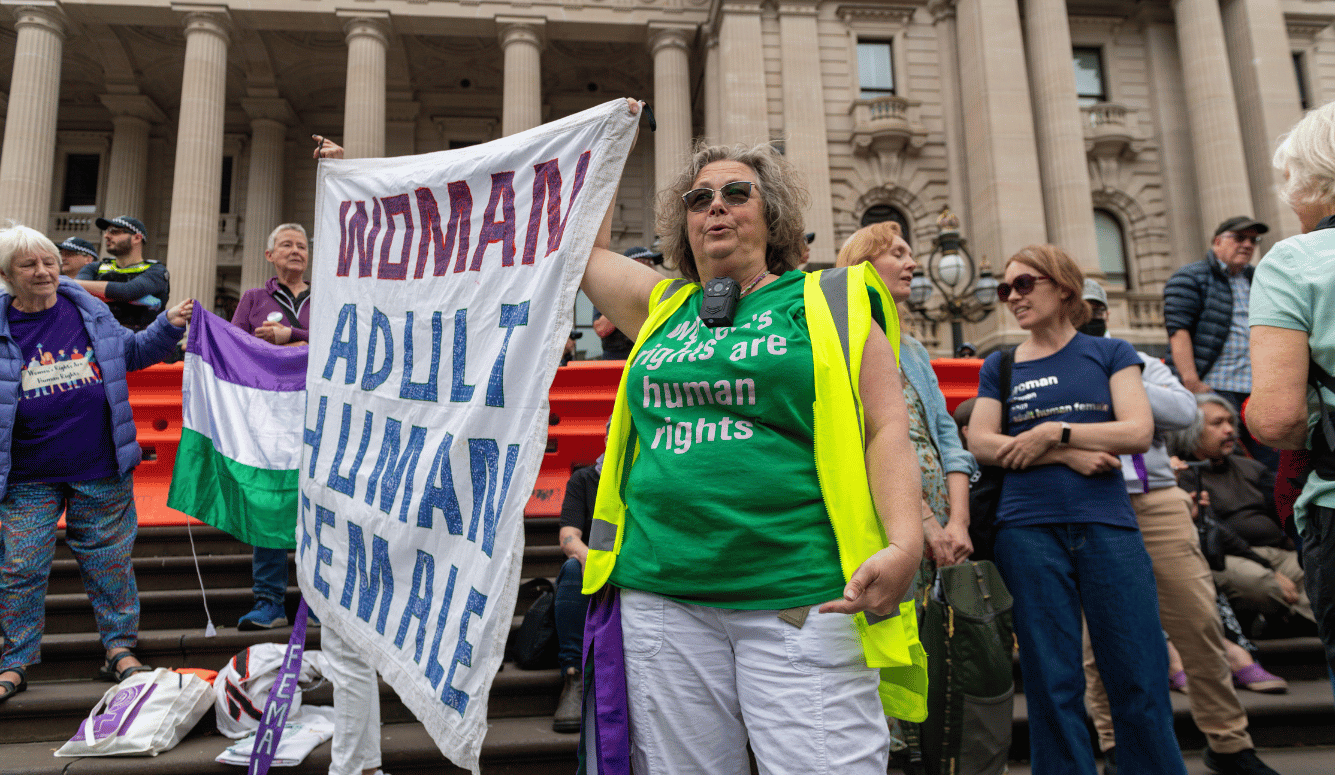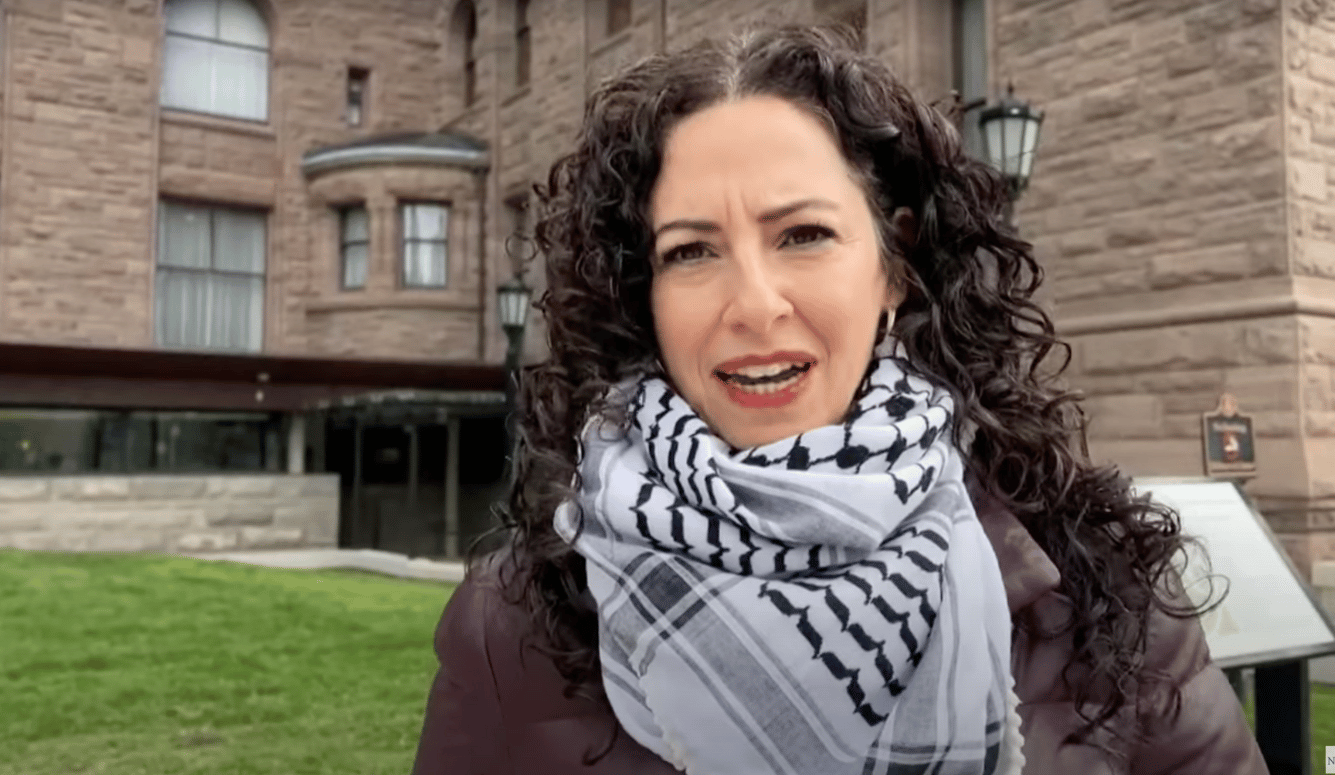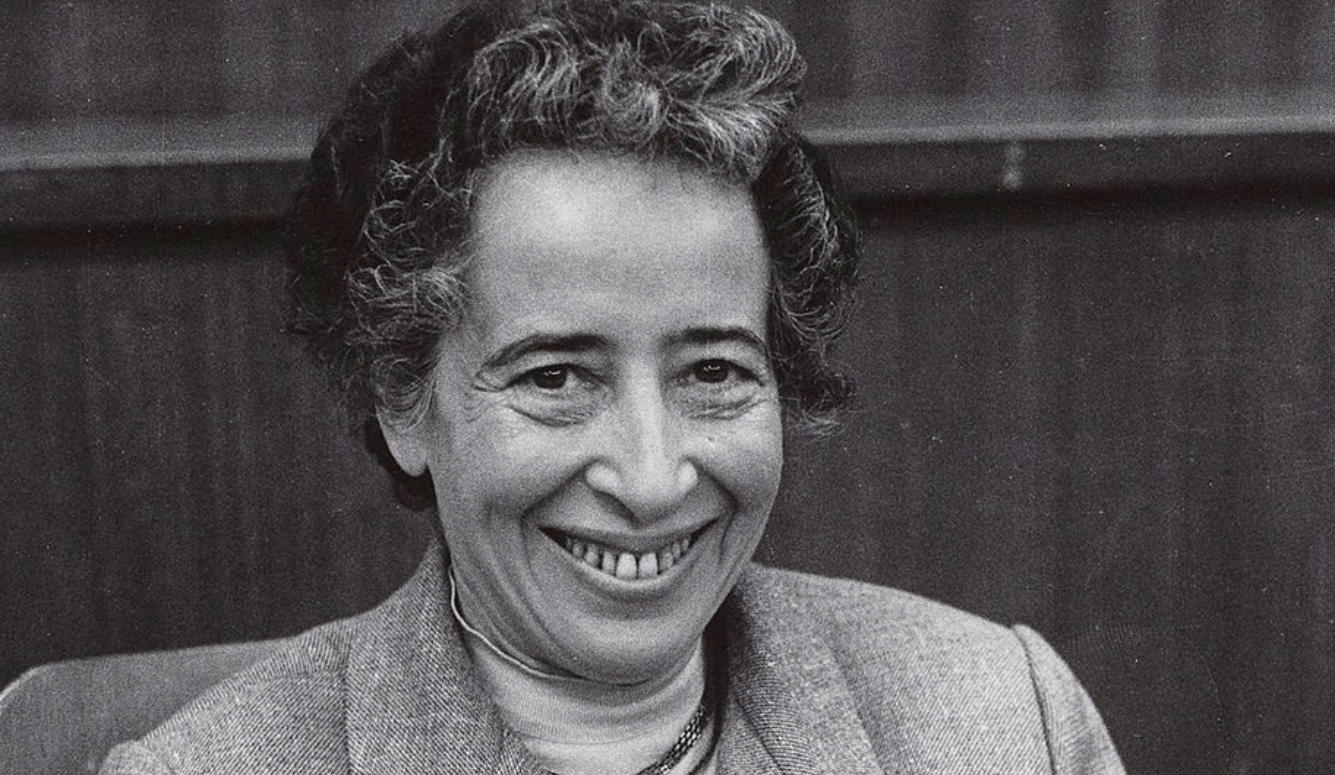Robin DiAngelo’s Misreading of Michel Foucault
It should not be controversial to say that knowledge can be exploited by dominant vested interests.
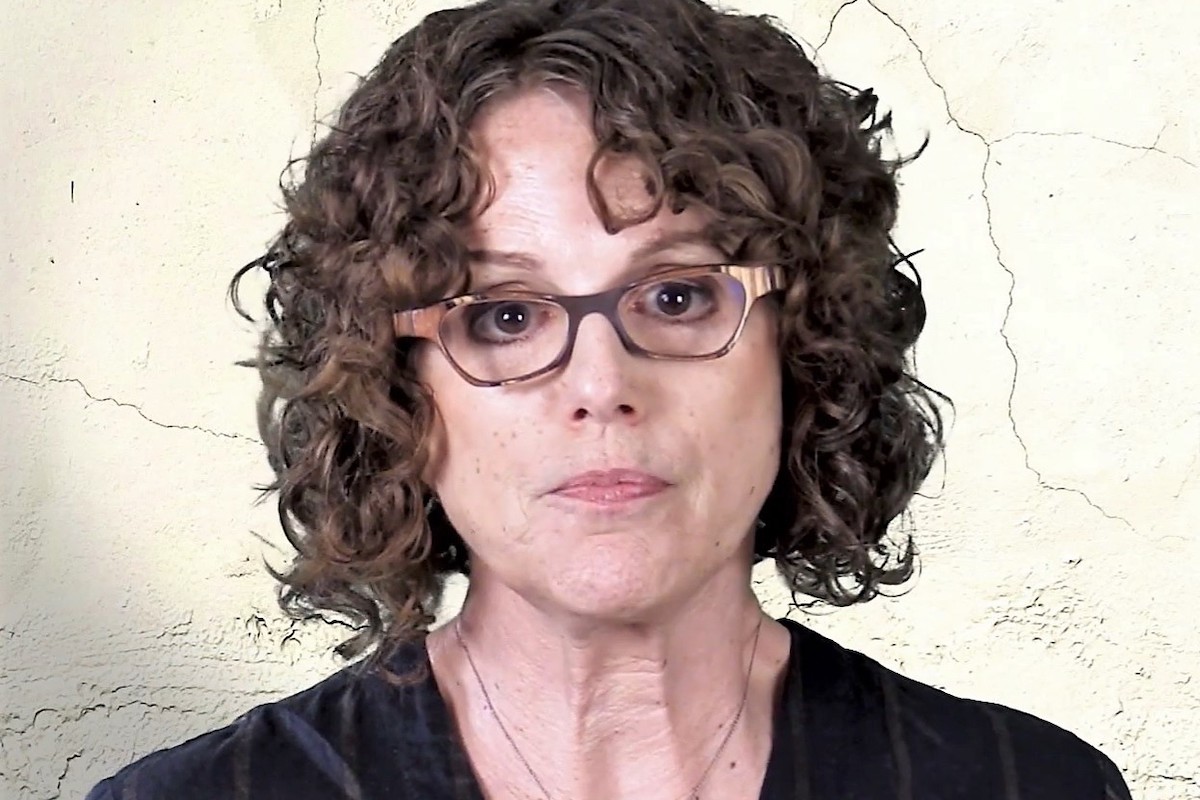
This article is lightly adapted from the author’s new book Reinventing Racism: Why ‘White Fragility’ Is the Wrong Way to Think about Racial Inequality published by Rowman and Littlefield.
Robin DiAngelo’s academic papers have consistently shown a tendency for indoctrination over debate. This tendency reflects a distrust of objectivity that stems from the influence of philosophers such as Michel Foucault and Jacques Derrida.1 While this is not the place for a deep dive into philosophy, the basic idea for DiAngelo is that power and knowledge are so profoundly connected that it is virtually, if not entirely, impossible to make an objective claim about what we know, because knowledge is never neutral. This view conflates objectivity and neutrality. It is also wrong.
In the 2012 book she co-authored with Özlem Sensoy entitled Is Everyone Really Equal?, DiAngelo invokes Foucault’s panopticon to illustrate how “[p]ower in the context of understanding social justice refers to the ideological, technical, and discursive elements by which those in authority impose their ideas and interests on everyone.” For example, she writes about how “[s]chools train students to conform to a set of self-disciplining measures by structuring students’ time and handing out rewards and punishments such as grades, honors, tracked placements, detentions, and expulsions.” The punchline: “While this seems normal to us, the organization of the school is not neutral [emphasis mine].” She then runs through a litany of ways that the school regiments and monitors all aspects of student activity in ways that reflect the prevailing interests of the people in authority.2

The control that school authorities impose on students and their families—what is studied, how students are evaluated, how students spend their day, parental involvement, and so on—affect “the degree to which families are included or marginalized within the system and the extent to which children can remain connected to their families and still succeed in conforming to the norms and requirements of the school.”3 She also draws attention to the way that “that power circulates… through the mechanisms of knowledge and how knowledge is constructed, validated, and taught.”4
DiAngelo and Sensoy argue that there are two kinds of knowledge that matter:
- Knowledge about how the system works, which is necessary to have if families are to “help their children navigate the system, or to challenge it when it has treated their children unfairly.”
- Knowledge about how learning is regimented and how students are categorized, which “translates into [students’] sense of place in society; for example, as either those who manage others or those who are managed by others.” [italics in original]
The upshot, they conclude, is that “school knowledge is not neutral.”5 Indeed, DiAngelo repeatedly emphasizes in her work that knowledge is not neutral. Unfortunately, because she uses neutrality and objectivity interchangeably, she obscures the vital importance of objective inquiry. School authority is made to appear almost arbitrary, as if the only point of education is to impose a ruling ideology on students and families, rather than to educate pupils via the dissemination of knowledge and the cultivation of objective study.
This confusion reflects a misreading of Foucault. Though Foucault wrote many works, one of his central concerns was the relationship between knowledge and power. In particular, he was concerned with “discourses” of power, or how language reflects and reinforces societal rules, assumptions, and ways of acquiring and disseminating knowledge, all of which flow chiefly from the dominant interests which employ the discourse. He was also preoccupied with the social, historical, and cultural conditions that make possible the kinds of claims we make about what we know. As he wrote in The Order of Things, Foucault seeks “to reveal a positive unconscious of knowledge.”6
In his works, he examined how these “discourses” historically have served the purposes of oppression and marginalization in areas such as law, medicine, and psychology.7 In this sense, Foucault would no doubt agree with DiAngelo and social justice activists that knowledge is not neutral, and that the way knowledge is deployed, if examined closely, usually reveals something about the interests of the people in authority who deploy them.
It is incorrect, however, to infer that Foucault thought that knowledge is never objective. Foucault simply directed our attention to how power influences what is accepted as true, whether or not it is actually true. In other words, Foucault’s concern was with how power influences what counts as standard methods for discovering truth.
He was less concerned with the truth of theories than with how theories come into being and how they oppress or marginalize. He sought to reveal a “positive unconscious of knowledge: a level that eludes the consciousness of the scientist and yet is part of the scientific discourse, instead of disputing its validity and seeking to diminish its scientific nature [emphasis mine].”8 His concern was with the social, political, and historical circumstances in which knowledge is pursued, not with making knowledge and morality relative. Practically and morally, he devoted much study to how these accepted methods create “discourses” of power.
It should not be controversial to say that knowledge can be exploited by dominant vested interests. But to say that knowledge is not neutral is not to say that it is not objective. Neutrality and objectivity are not the same thing.
References:
1 Jacques Derrida, Of Grammatology (Baltimore, MD: Johns Hopkins University Press, 1967, 1974, 1976, 1997, 2016). Michel Foucault, The Order of Things: An Archaeology of the Human Sciences (New York: Random House, 1970; Vintage Books Edition, 1994).
2 Özlem Sensoy and Robin DiAngelo, Is Everyone Really Equal? An Introduction to Key Concepts in Social Justice Education (New York, NY: Teachers College Press, 2012), pp. 52–53.
3 Ibid, p. 53.
4 Ibid, p. 54.
5 Ibid, p. 54.
6 Michel Foucault, The Order of Things: An Archaeology of the Human Sciences (New York: Random House, 1970; Vintage Books Edition, April 1994), p. xi.
7 Michel Foucault, Discipline and Punish: The Birth of the Prison (New York: Pantheon Books, 1977). Michel Foucault, Birth of the Clinic: An Archaeology of Medical Perception (London: Tavistock, 1973; Vintage Books, 1994). Michel Foucault, Madness and Civilization (New York: Random House; Vintage Books Edition 1988).
8 Michel Foucault, The Order of Things: An Archaeology of the Human Sciences (New York: Random House, 1970; Vintage Books Edition, April 1994), p. xi.


